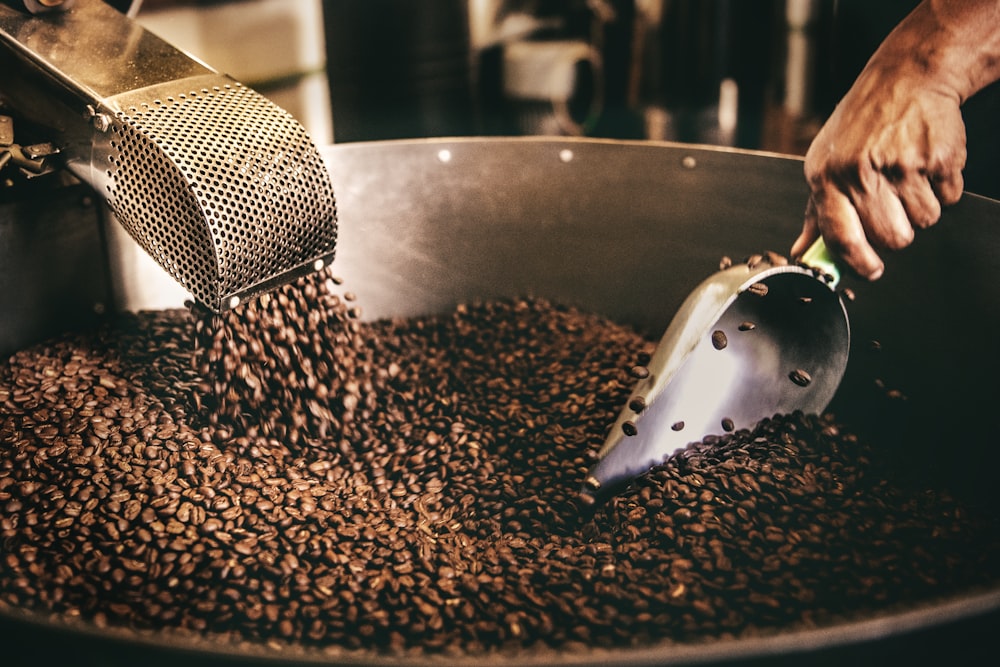
How to Store Your Coffee

For some coffee connoisseurs, there is a big difference between a good and bad cup of joe. Getting to the very best cup of coffee can be a mission, and it certainly takes some effort and education.
There are also some misleading practices, like storing beans in the freezer or the fridge. This can be okay if the coffee is totally sealed and only as a last result in the event of having too many beans.
But for most people, with regular daily coffee rituals, there are some much better practices to help ensure a quality cup every time.
Buy Often and in Small Quantitates
The first tip is to avoid buying in bulk. Buy your coffee in small amounts to make sure you drink from the freshest batch. There is a fine line between the hassle of going out every day for the freshest beans and not going often enough, opting to settle for stale beans.
The best practice is to buy beans as often as is convenient for you and your lifestyle. We recommend it once a week, but everyone has different needs and availability. Try to purchase the beans, a ritual as special as brewing and drinking your coffee.
Make Sure the Beans Were Recently Roasted
Roast date typically matters. Coffee brewed through a filter is best with coffee that has been recently roasted. However, the coffee does need to rest for one to two days after being roasted. The resting period allows gasses to escape.
When it comes to more dense coffees like espresso, a longer period between roasting and brewing is preferred – at least five days, but up to twelve days is ideal.

Store the Beans Whole and Grind Before Every Brew
Coffee has a huge array of delicate flavors, but as soon as the molecules are exposed to oxygen or light, they slowly start to lose that flavor. For this reason, whole beans are a superior option to buying pre-ground coffee.
When coffee is bought pre-ground, it has already begun to lose a lot of flavors both through the grinding process and because now the molecules have more exposed surface area, leaching out the flavor.
What’s more, the grinder breaks open a sort of protective casing around the beans that guards against outside compounds that can alter flavor and aroma.
Coffee that has been exposed to light and air will exhibit a flat and stale flavor. Roasted beans can be stored for a maximum of two to three weeks.
Store in a Cool, Dark Place – But Not Too Cold!
Neither the fridge nor the freezer is a cool storage option for coffee. Because coffee is porous, the moisture in the beans will begin to expand if the coffee goes in the freezer. Once the water expands, it splits the beans, and it pushes the oils to the surface and out of the bean. This ruins the flavor.
What’s more, because the coffee is porous, it is also absorbent, so if not properly sealed, it can start to take on the flavors of other items in the freezer. This is why freezing coffee results in a diminished and altered flavor profile.
The fridge is not as bad and not ideal because it will still push oils to the surface and age the coffee more quickly.
The best way to store coffee is in an opaque, air-tight container that does not let in light. Coffee beans can be beautiful to display, but light will compromise the flavor of the coffee. The container can go in a cupboard or stay on the counter, but should be kept away from other aromatics like garlic, onions, or bananas.
Fatemi Coffee is a great option for high-quality coffee beans. More importantly, this family-run business brings the unique experience of coffee from Yemen.